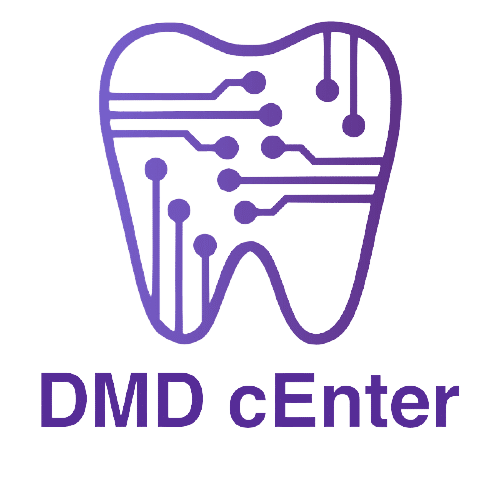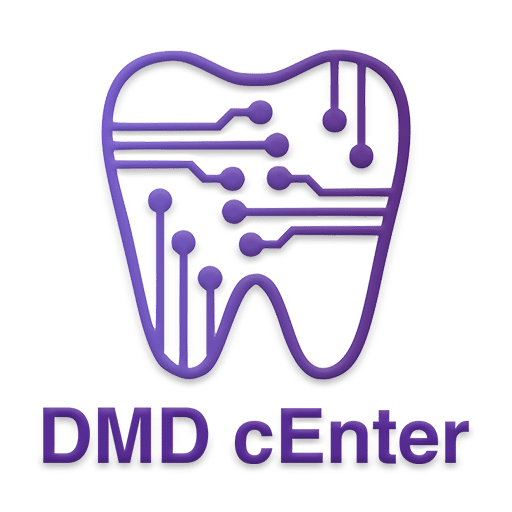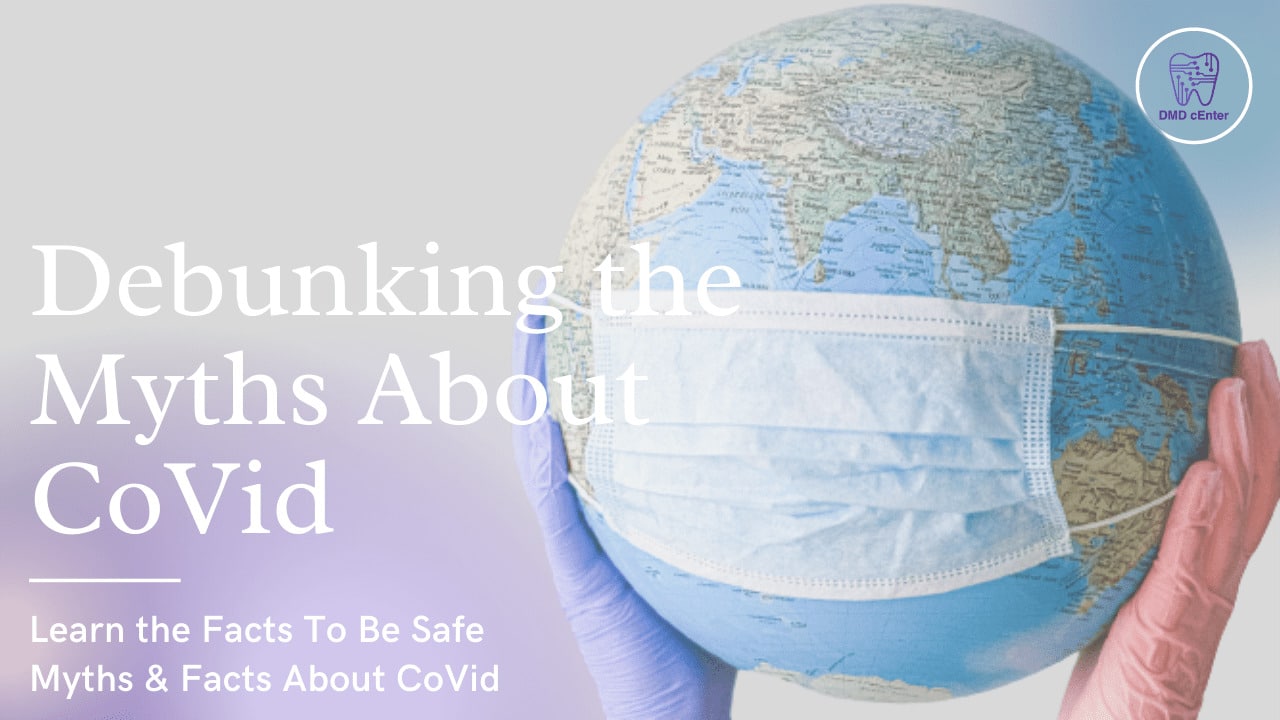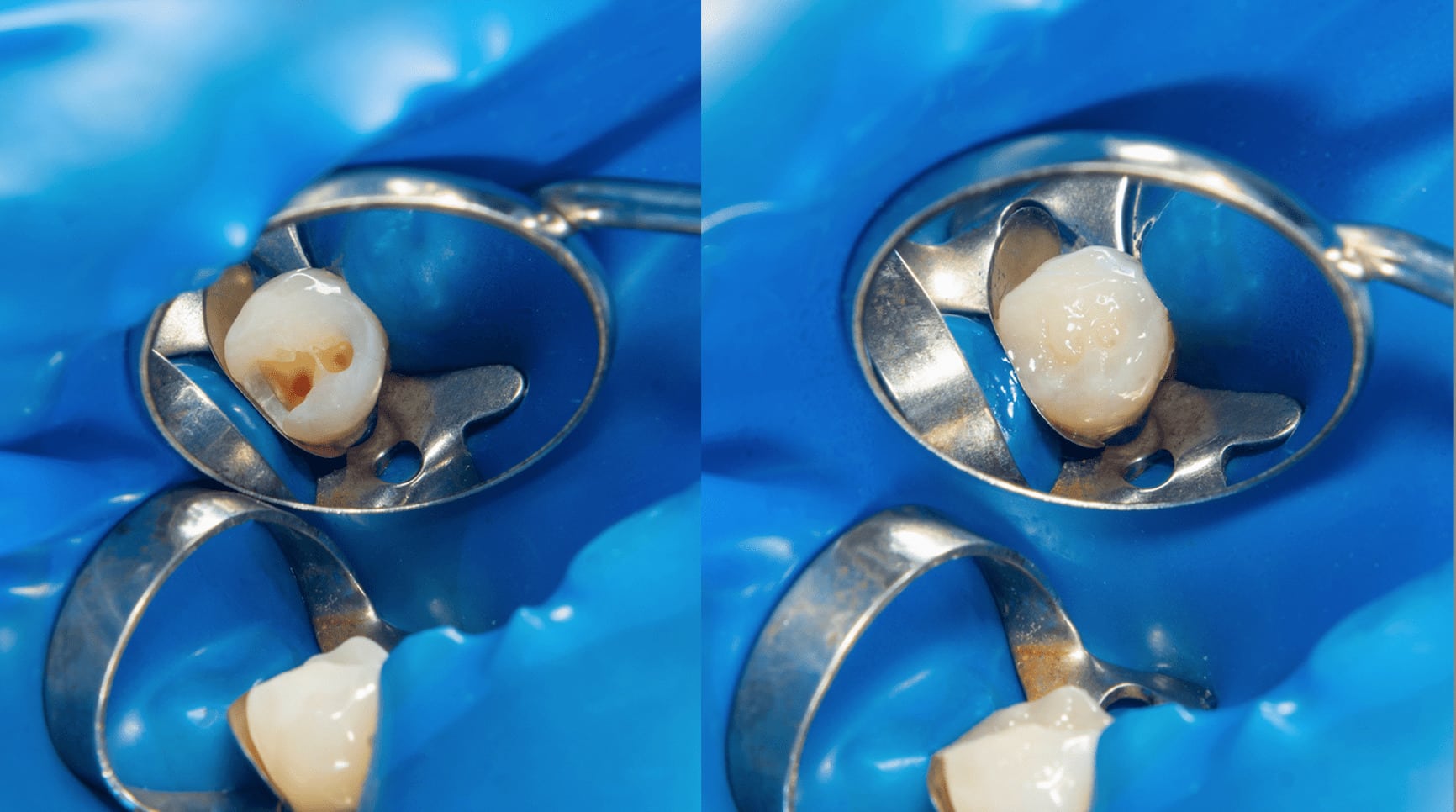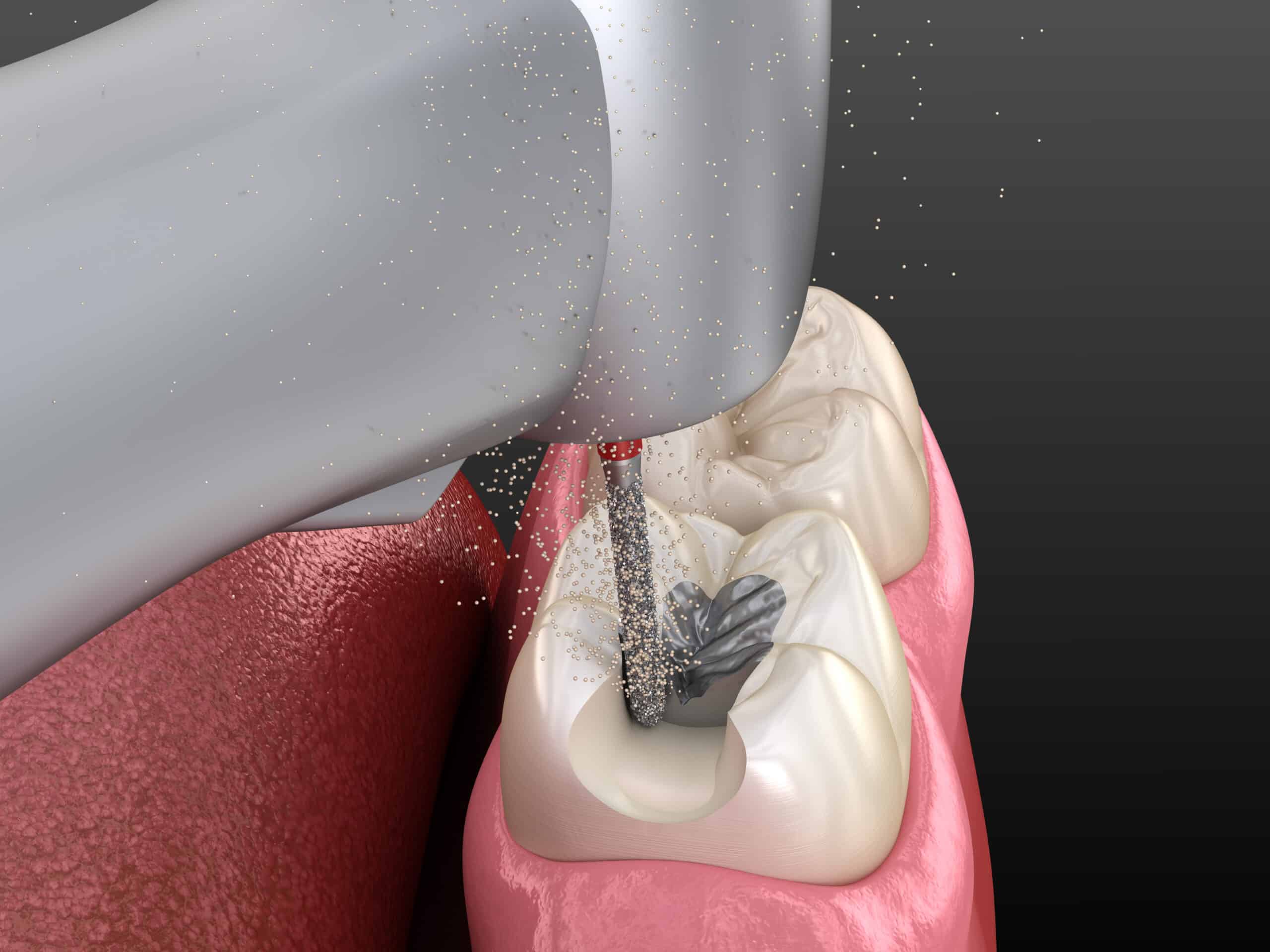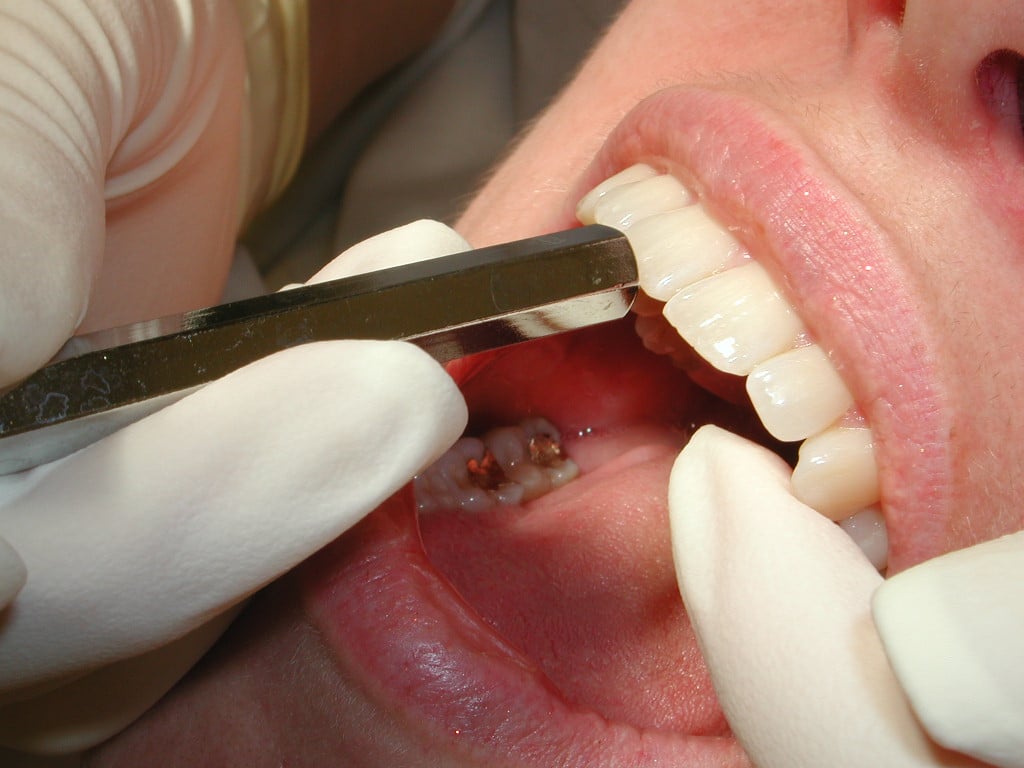HOW TO SAY "NO" TO YOUR PATIENTS
There are a lot of instances that we are put in a situation that we wanted to say "No" to a patient whether in you treating him/her or in payment. This become awkward situations not to mention probably ethical or legal compromising on your end.
"While dentists, in serving the public, may exercise reasonable discretion in selecting patients for their practices, dentists shall not refuse to accept patients into their practice or deny dental service to patients because of the patient’s race, creed, color, gender, sexual orientation, gender identity, national origin or disability." This is the dental code of professional conduct we should abide by. However, there are situations that we feel we need to let go of the patient or have to say "No", such as the following scenarios:
(a) When the dental case is beyond our expertise.
We have to learn how to refer certain cases that's beyond our capabilities. We don't know everything no matter how great you are as a dentist, sometimes there are dental cases that is just best suitable to be handled by a certain dental specialist on that field of dentistry.
(b) When the dental case cannot be handled by your dental clinic.
This means you don't have the right equipment or tools in your dental clinic to address and accommodate the dental care and infection control the patient needs. This is especially apparent to medically compromise patients such as patients with a physical, intellectual or developmental disability or disabilities, including patients infected with Human Immunodeficiency Virus, Hepatitis B Virus, Hepatitis C Virus or another blood borne pathogen, etc.
(c) When the patient is totally non-compliant, distrustful or disrespectful to you as a professional.
There's nothing more difficult to handle and treat patients who have trust issues with you and disrespect you in every turn. If this is the case, it is best to just refer the patient.
So, how do we say "No" to them that will not put us in an even more difficult situation such as being ethically and morally compromised or even worse be legally liable?
PROVIDE IMMEDIATE REFERRAL
As dentists we should know colleagues in our industry especially those who can provide you alternative means to address the needs of your patients through referrals. Referring patients is not a sign of weakness on your part, but, actually, a sign of competence. Why? Because it means you know who you are as a dentist, your capabilities as well as weaknesses and the capabilities of your dental practice. Thus, you are confident enough to refer your patient to another dentist who can precisely do the job without fear that the patient will not come back to you if the patient's case requires a dental specialist that you are not into or not equipped to do.
It is always best that you also collaborate yourself to a group of dental specialists in fields of dentistry that you don't want to do nor capable to do. You should also have a hospital base dental clinic connections for patients that may require special care or may need financial assistance that can deal with your patient's current situation.
By providing an immediate referral, this will alleviate the concern of the patient of not being treated unless it is an emergency wherein you need to address this first, then, refer for the final treatment.
REQUEST FOR LABORATORY TESTS AND/OR MEDICAL CERTIFICATE FROM THEIR PHYSICIAN
I find this technique very effective on patients who I assess is going to be difficult and hard to handle that it's not simply worth the headache. This is effective especially on dental cases that they know will require surgery or more extensive treatment. I tend to provide them long explanations and use a lot of dental jargon that's so boring and confusing with an ending that they will need to go to their medical physician or have a medical laboratory test first before I can treat them. This tend to put off the patient especially those who are difficult and non-compliant. They are just too lazy to question my clinical advice and actually do my suggestion that more often than not they will end up going to another dentist. This technique is also very effective to first time patients who you deem maybe a problem for you upon initial assessment. I find that our instincts after practicing for quite some time more or often than not is correct.
GIVE A PRICE THAT THEY HAVE TO SAY "NO" TO YOU
There's nothing more effective way to turn away a patient with an exuberant price for your dental service. As by law, there's no rule that stops us from charging our services as high as we want it, so, you are free to use it to allow the patient to be the one to say "No" to you. You make the patient think that he or she is the one saying "No" to you, thus, no hard feelings on both sides.
However, in case, they said "Yes" even to that price, which happened to me once, then, just do the treatment to the very best of your ability. At the end of the day, if you want to say "No" because the patient is difficult, at least, he/she paid for the price of your patience. On the other hand, if the dental case is something beyond your scope of expertise, then, just do an immediate referral. Explain properly that the price of the service you've given is not within the scope of his/her case after you do the diagnosis.
CONCLUSION
In conclusion, as much as we want to stay true to our professional code of ethics in not turning away patients, there are really instances that we may have to. Thus, in order to avoid further problems from the said patient, always do the diagnosis first, address the pain if there's any and then do any of the 3 suggested. More often than not, I find these techniques after 30 years of practice to be the most effective ways on how to say "No" to patients without any consequences.
Contributors:
Dr. Jean Galindez - Writer
Images:
URL: https://www.inc.com
[dvk_social_sharing] [et_bloom_inline optin_id="optin_1"]
